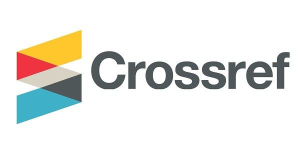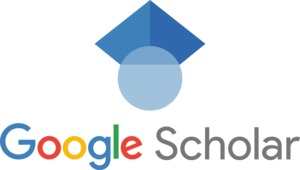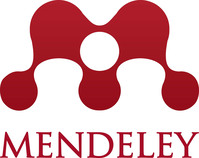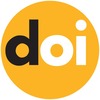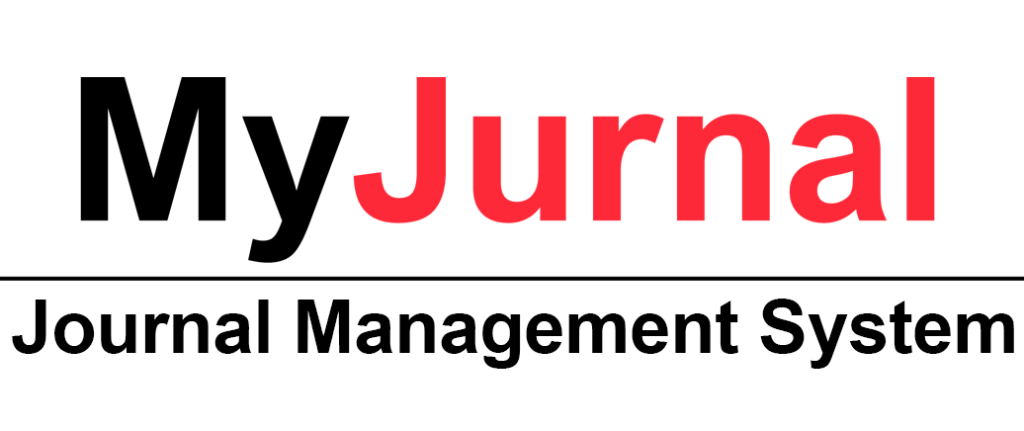In-service Training and Character Development in Relation to Islamization Initiatives in Selected Islamic Integrated Schools in Selangor
DOI:
https://doi.org/10.31436/ijes.v11i2.480الكلمات المفتاحية:
In-service teacher training، islamization، character building، murabbi، Integrated schoolالملخص
Integrated Islamic schools in Malaysia and elsewhere face acute problems in acquiring and developing teachers who facilitate the Islamization of education process as well as holistic character development (tarbiyatul akhlaq) of children. The purpose of this study is to assess the relationship between in-service teacher training programs with elements of Islamization, the character development of teachers, and their self-efficacy as murrabis in private integrated Islamic schools in Selangor. The study administered surveys to 161 teachers in six (6) integrated Islamic schools in Selangor. Due to Covid-19 related challenges in obtaining respondents, convenience and snowball sampling techniques were utilized. The study employed correlation analysis utilizing SPSS v21 statistical software to answer the research questions. A strong positive correlation was discovered between in-service training with Islamization elements and character development of teachers as well as with teachers’ self-efficacy as a murabbi. The value of this research lies in underscoring the importance and development of in-service training in empowering the teacher to Islamize acquired knowledge subjects as well as in empowering them to be effective murabbis. It provides a basis for future research, especially in the Malaysian context, on teacher performance as a murabbi and its impact on students. It would also highlight to policymakers and educational administrators the need to develop a structured professional development program on Islamization of curriculum and the development of murabbis.
المقاييس
التنزيلات
منشور
كيفية الاقتباس
إصدار
القسم
الرخصة
الحقوق الفكرية (c) 2023 IIUM Press, International Islamic University Malaysia

هذا العمل مرخص بموجب Creative Commons Attribution 4.0 International License.
The Journal will own copyright to all published works and have the right of first publication, both in print and online, unless other arrangements are made with the Editors in advance. It is the author`s responsibility to ensure that where copyright materials are included within an article the permission of the copyright holder has been obtained beforehand.





